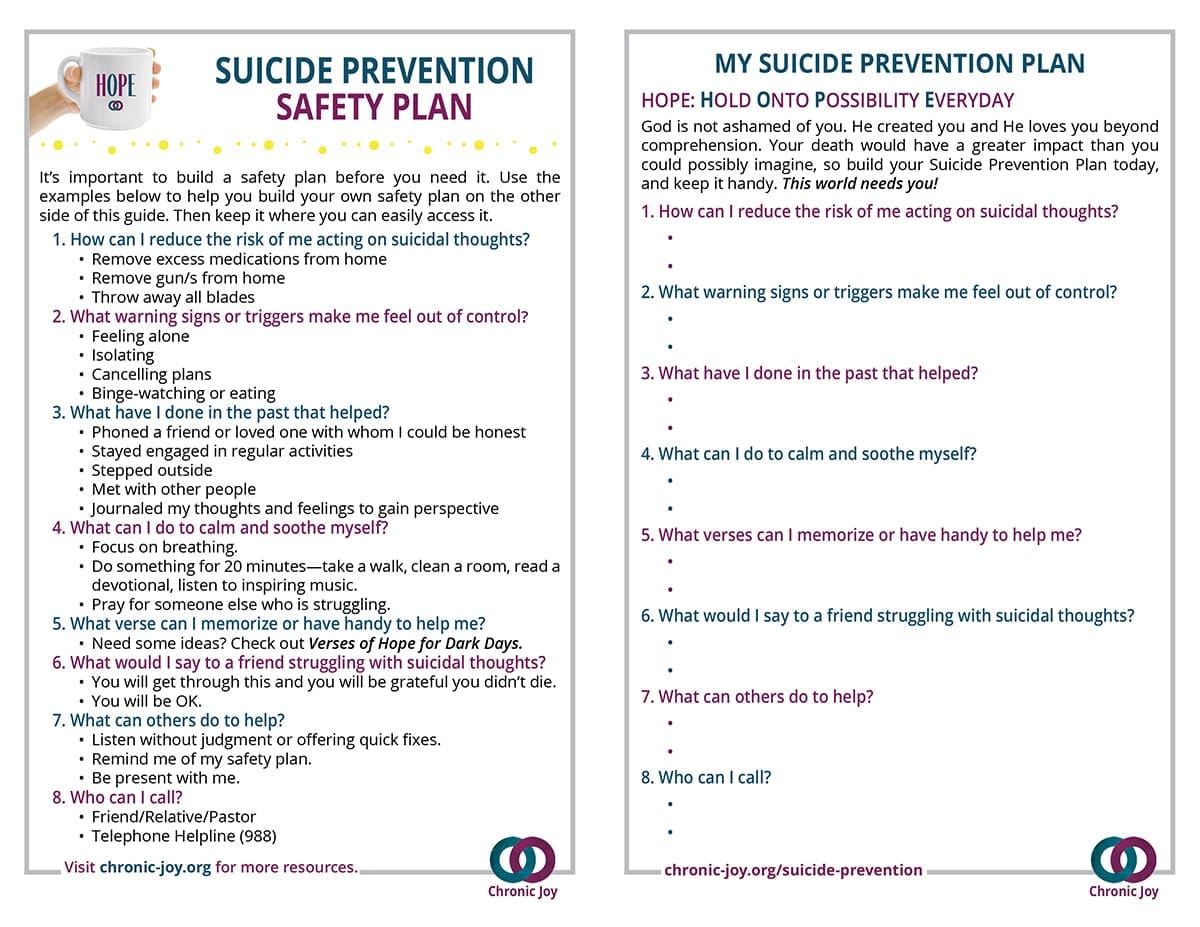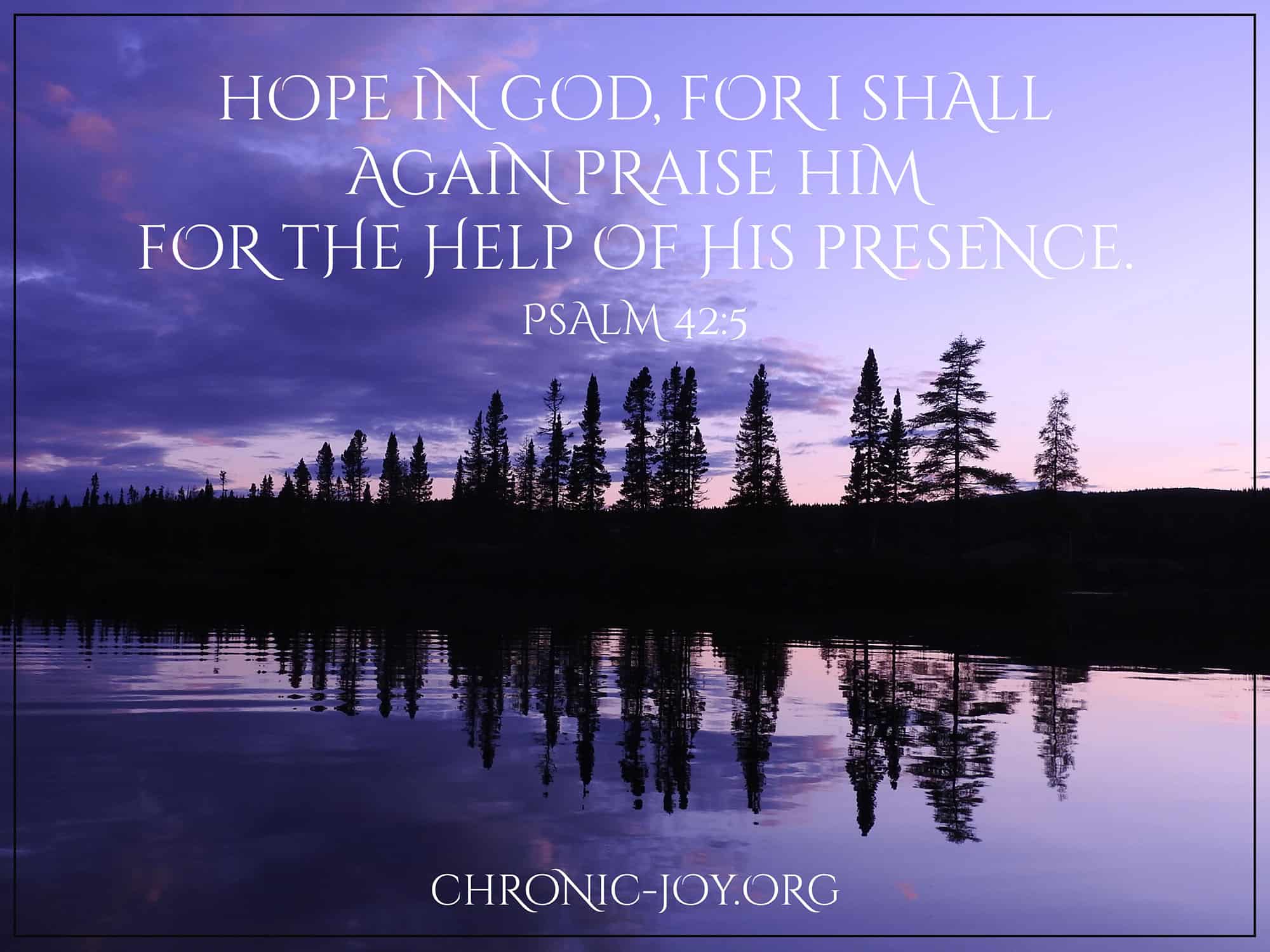NINE WARNING SIGNS
Depression that leads to suicide isn’t just the plight of the financially-strapped, unemployed provider of a household, the teen who’s tormented by bullies, or the retiree who’s weary of declining energy and escalating physical pain.
Just ask Kate Spade’s and Anthony Bourdain’s friends.
In Spring 2018, renowned fashion designer Spade, 55, took her life in her New York apartment. Days later, they found Bourdain, 61, a celebrity chef and host of an award-winning TV show, dead from suicide in his hotel room in France.
These celebrity cases shine a bright spotlight on a significant rise in suicide rates. In 2016, nearly 45,000 people in the United States took their own lives. From 1999 to 2016, the suicide rate rose by 28%. In 2015, almost twice as many children were hospitalized for attempts at or contemplation of suicide compared to 2008. From 2010 to 2016, suicide rates rose by 70% among girls ages 10-19.
To help prevent suicide among people we know and love, it’s important to ask, listen, love, and pray.
Nine warning signs someone might be suicidal (Gleaned from Sarah Klein’s 8 Signs Someone is at Risk for Suicide and Odyssey’s “13 Signs Someone Might Be Suicidal.”):
1. Diagnosis of Depression or BiPolar Disorder
Chronic depression, diagnosed by a professional, isn’t the only cause of suicide. An emotional overreaction to a tragic loss may trigger an impulsive decision to end one’s life, but a person with enough of a depressive pattern to receive a diagnosis is more prone to consider suicide as an alternative to the recurring pain.
2. Suicidal Talk
When someone tells you they are thinking of harming themselves or they don’t want to live, intervene. Don’t assume they are exaggerating how they feel. Pray with them. Don’t leave them alone. Get help for them, even if it means risking the friendship. Call the National Suicide Prevention Lifeline (1-800-273-8255) or 988 or ask a counselor you know for ways to assist the vulnerable person.
3. Escalation of Guilt Feelings or Anxiety
Listen for remarks about letting people down all the time or a pattern of self-condemnation for past mistakes. Be especially alert if such a verbal pattern is accompanied by increased agitation, restlessness, anxiety, or insomnia.
4. Social Isolation
Persons more vulnerable to suicide disengage from their usual spheres of relationships, cutting themselves off from normal conversations with family and friends.
5. Risky Behavior
Driving more recklessly, picking fights, imbibing more alcohol, or starting drug use may reveal less interest in living. Suicidal people simply take more risks.
6. Obtaining a Weapon
This is a red flag, especially when combined with a couple of other listed symptoms, particularly if the person doesn’t have an apparent need for a gun. The reason men are twice as successful as women in their suicide attempts is that males are more likely to use a firearm.
7. Declining Health
Factors that prompt suicide as people age include physical limitations (more pain and fatigue), regrets over estranged relationships or unmet goals, loss of a spouse, retirement from meaningful employment, or loss of one’s home or independence. Adults ages 45-64 have the highest suicide rate (19.6%), followed closely by those over 85 (19.4%). Those most vulnerable will exhibit one or more of the other warning signs.
8. Internet Searches
People who plan their suicide attempts often research the internet for ways to kill themselves. Many families have found such a web-browsing history after a loved one took their own life.
9. Giving Away Prized Possessions
A person plotting their demise may start giving away things that have been important to them, especially the most expensive items.
DAWN FOLLOWS NIGHT
If you see yourself in any of these indicators, please don’t give up. Think of those who love you, not of the pain you’re trying to escape. Ask God to sustain you through the pain rather than model to loved ones that suicide is a valid way to escape the pain.
In one sense, dying is easy. It’s living that’s hard. Are you willing to do the hard thing for the sake of those who would be heartbroken over your passing and for the sake of future ministry God may have for you?
I know experientially what despair and hopelessness are like—but I also know that dawn follows the night, that sorrow doesn’t last forever, that God enables and uses a person even when He doesn’t remove all depressive episodes.
Will you preach this verse to yourself, as I’ve done scores of times? “Why are you in despair, O my soul, and why have you become disturbed within me. Hope in God, for I shall again praise Him for the help of His presence.” (Psalm 42:5)
First published at penetratingthedarkness.com, June 2018.


Dr. Terry Powell
Terry is a Faculty Emeritus and an adjunct professor in Church Ministries at Columbia International University. He and his wife, Dolly, have been married for 50 years and share two sons, a daughter-in-law, and a grandson. Terry writes about faith and depression at Penetrating the Darkness.

Suicide Prevention Safety Plan
God is not ashamed of you. He created you, and He loves you beyond comprehension. Your death would have a greater impact than you could possibly imagine. So, build your Suicide Prevention Plan today, and keep it handy. This world needs you!


Recent Comments